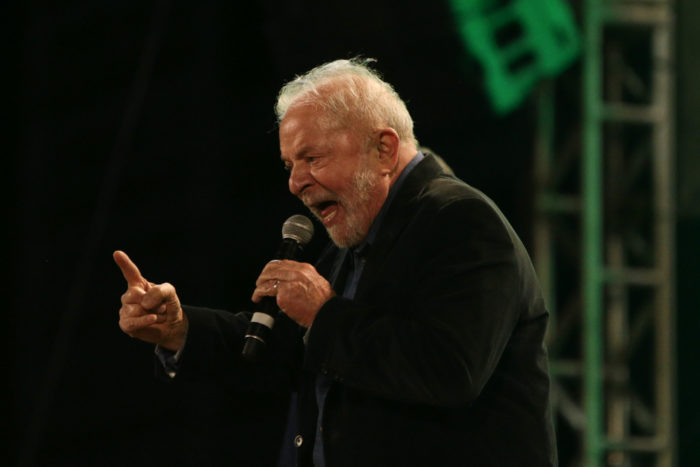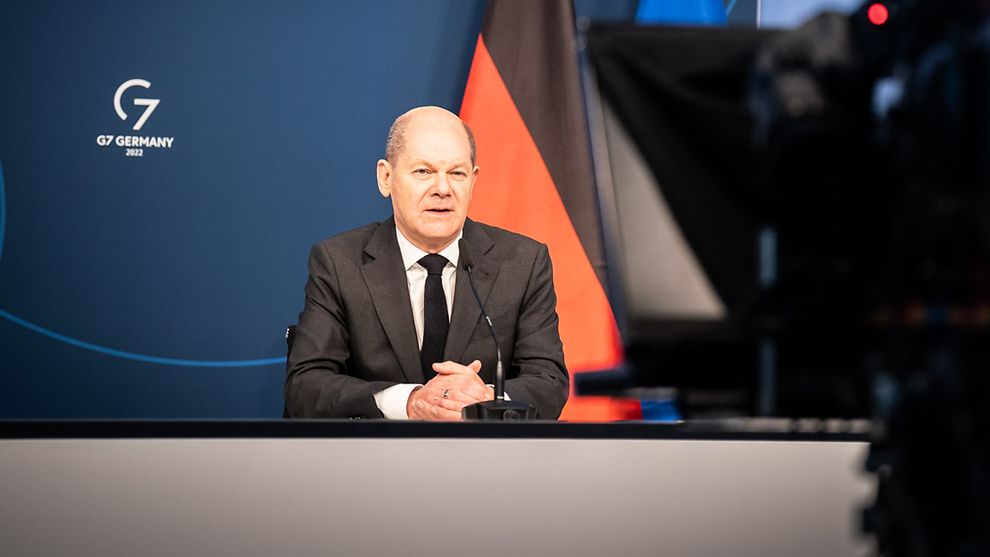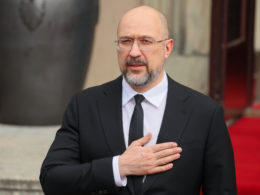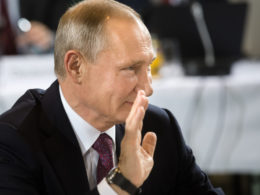33 nations of the Community of Latin American and Caribbean States (CELAC) have submitted a counter-proposal challenging the EU's solidarity for Ukraine and seeking colonial reparations, EURACTIV reports, citing a draft declaration. This development comes ahead of a summit in Brussels on 17-18 July, where CELAC leaders are set to engage with their EU counterparts.
The EU had initially drafted a declaration with considerable mention of support for Ukraine, in the light of the ongoing Russian invasion that began in 2022. "The text on Ukraine was very balanced," an EU diplomat informed EURACTIV. However, the CELAC countries erased all references to Ukraine in their counter-proposal.
The Latin American nations suggest a need for "serious and constructive diplomatic solutions to the current conflict in Europe", thereby deviating from the EU's stance that post-war peace should be shaped according to Ukraine's parameters. An EU diplomat emphasized the importance of adhering to UN principles, including the territorial integrity and sovereignty of Ukraine and condemning Russia's aggressive warfare.
The counter-proposal also unexpectedly calls for reparations for the damage inflicted by slavery. "We recognize the need for appropriate measures to be taken to restore the dignity of the victims [of the trans-Atlantic slave trade of Africans], including reparations and compensation," the draft text asserts.
Furthermore, the counter-proposal puts the EU's environmental efforts in the spotlight. The document criticizes the imposition of "unilateral trade barriers under environmental pretexts" and highlights that a transition to a sustainable economy should respect "national circumstances, plans, and policies." This comes in the wake of the EU's push to implement a carbon tax on imports, called the Carbon Border Adjustment Mechanism (CBAM), and an initiative for a Green Deal aimed at decarbonization.
EU ambassadors are slated to discuss these points and weigh the compromises required to salvage a draft communiqué ahead of the impending summit. As EURACTIV points out, the situation underscores the challenges in rallying global support for Ukraine and solidifying ties with international partners.




